LPL Spotlight Stories
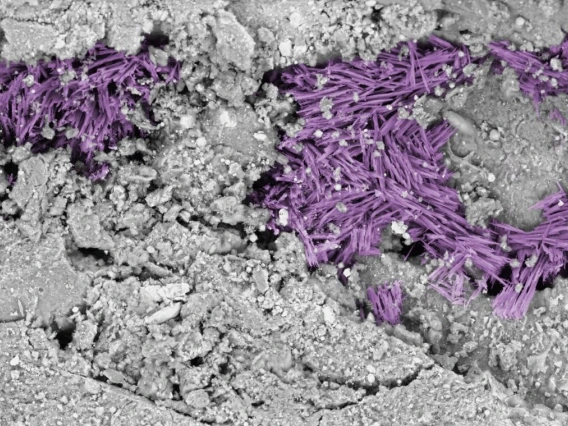
Asteroid Bennu Comes From a Long-lost Salty World With Ingredients For Life
Two research publications by the OSIRIS-REx sample analysis team suggest that conditions for the emergence of life were widespread across the early solar system.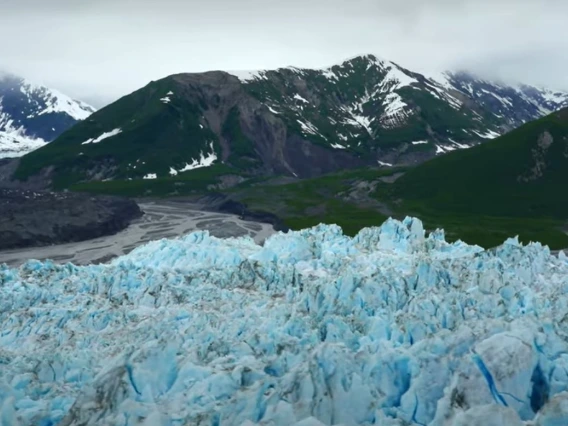
Snow4Flow: Studying Glaciers From Arizona
Snow4Flow is a new University of Arizona-led NASA mission to study arctic glaciers using advanced radar mounted on low-flying aircraft. Captained by Jack Holt, a professor at the University of Arizona’s Lunar & Planetary Lab, the mission’s goal is to improve climate modeling and to better understand glacial loss and its impact on sea level rise.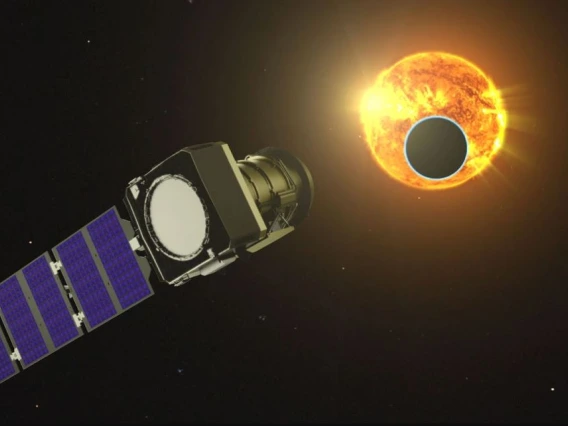
NASA's Pandora Mission One Step Closer to Probing Alien Atmospheres, With Mission Operations Based at U of A
Pandora, a small satellite mission poised to provide in-depth study of at least 20 known planets orbiting distant stars to determine the composition of their atmospheres cleared an important milestone by completing the spacecraft bus, which acts as the spacecraft's "brains."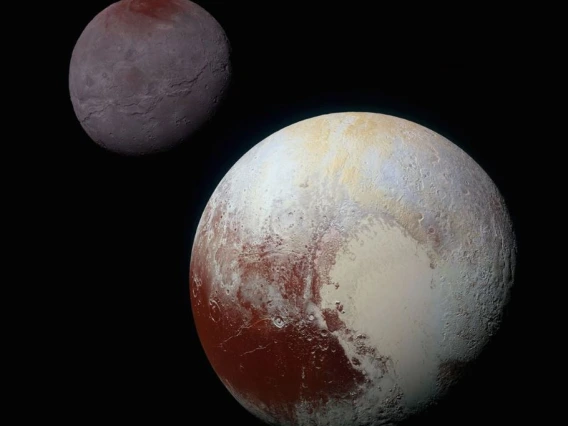
Newly Discovered 'Kiss and Capture' Mechanism Explains the Formation of Pluto and Its Largest Moon
By Niranjana Rajalakshmi, University Communications - January 6, 2025 Billions of years ago, in the frigid outer reaches of our
Study Sheds Light on Origin of Genetic Code
Nearly all living organisms use the same genetic code, the building blocks of life. A new study suggests conventional wisdom about how the code evolved is likely flawed.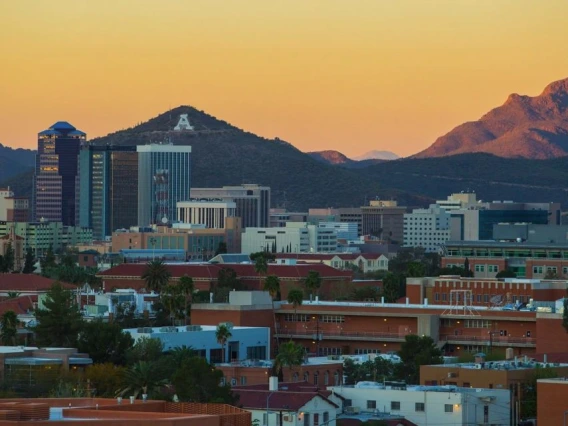
U of A Projects Research Expenditures Surpassed $1B for FY 2024, Joining a Select Group of US Research Institutions
University Communications and Research, Innovation and Impact - December 17, 2024 Retrieving the largest asteroid sample ever brought to Earth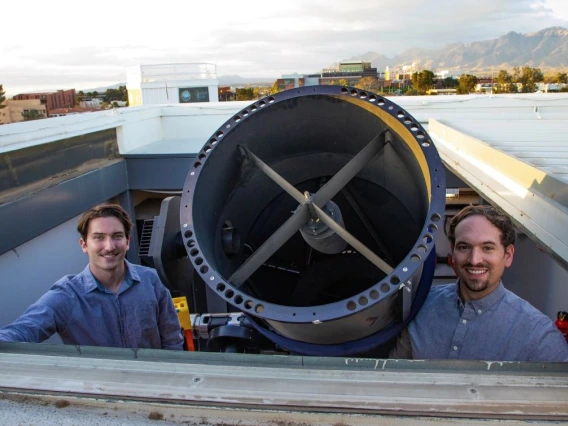
New 'Spectral Fingerprint' Atlas of Satellites Aims to Improve Space Security
LPL researchers have created the first astronomical equivalent of a fingerprint database for satellites, a critical first step toward easily identifying human-made objects in the increasingly crowded geostationary orbit.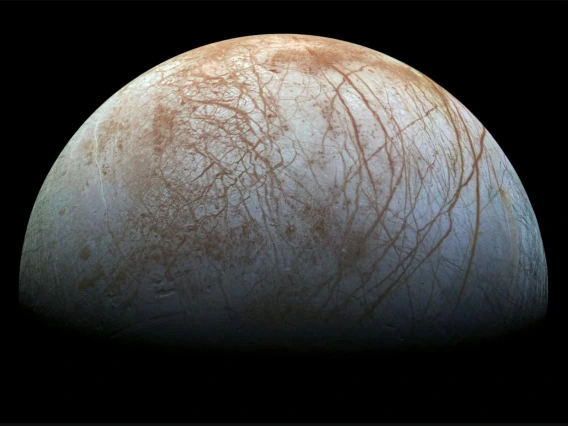
U of A Scientists Have Their Eyes on Europa, Jupiter's Mysterious, Icy Moon
The largest spacecraft to ever explore the solar system, NASA's Europa Clipper, will orbit Jupiter and make 49 planned flybys of its moon Europa to study the moon's icy shell and help researchers better understand what lies beneath.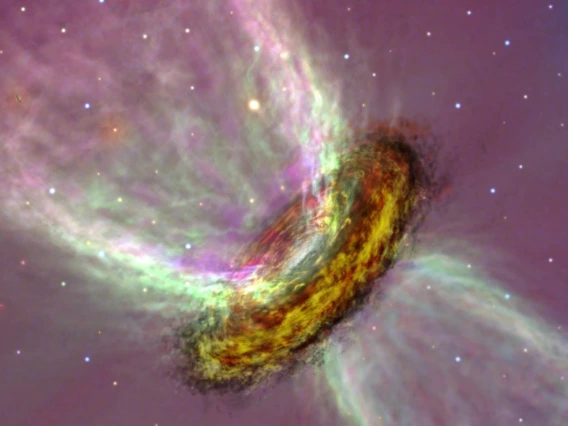
Winds of Change: James Webb Space Telescope Reveals Elusive Details in Young Star Systems
Planet-forming disks, maelstroms of gas and dust swirling around your stars, are nurseries that give rise to planetary systems, including our solar system. U of A astronomers have discovered new details of gas flows that sculpt those disks and shape them over time.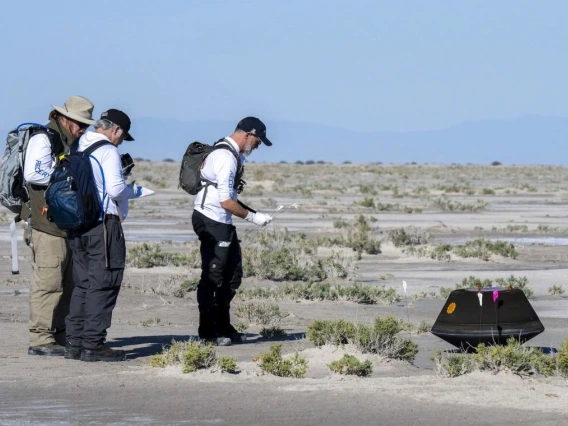
OSIRIS-REx, 1 Year Later: Asteroid Sample Continues to Provide Clues About Early Solar System and Origins of Life on Earth
It's been a year since NASA's OSIRIS-REx spacecraft successfully delivered the largest-ever asteroid sample to Earth on Sept. 24, 2023.Pagination
- First page
- …
- 1
- 2
- 3
- …
- Last page

